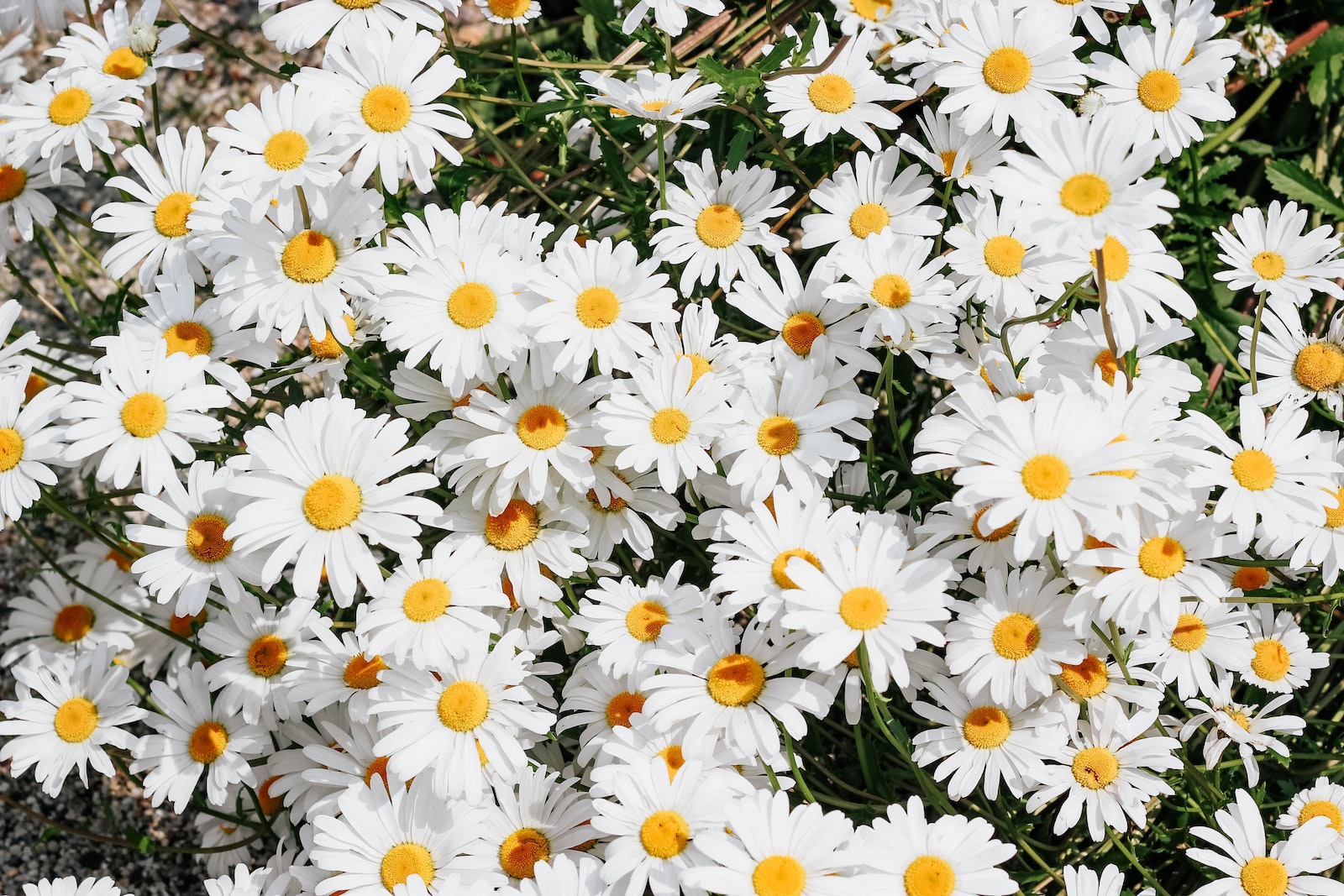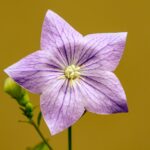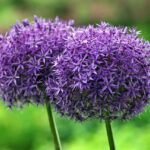Flowers have been used throughout history to convey different meanings and emotions, and the daisy flower is no exception. This small and delicate flower has been associated with innocence and purity, making it a popular choice for various occasions. In this article, we’ll delve into the history, symbolism, properties, and uses of the daisy flower, exploring its cultural significance and practical applications.
The History and Symbolism of the Daisy Flower
The daisy flower belongs to the family Asteraceae, which comprises more than 23,000 species, including sunflowers, chrysanthemums, and dandelions. The word “daisy” comes from the Old English “dægeseage,” which means “day’s eye” because the flower opens during the day and closes at night, as if watching the sun rise and set. The daisy is also known as the “white ox-eye,” the “moon daisy,” or the “Michaelmas daisy.”
The daisy has a rich history and symbolism in different cultures and traditions. In ancient Rome, the daisy was dedicated to Flora, the goddess of flowers and spring, and was believed to have healing properties. In Norse mythology, the daisy was associated with Freya, the goddess of love, fertility, and warfare, and was used to represent her affection for the sun. The daisy was also a popular motif in medieval art, appearing in tapestries, illuminated manuscripts, and heraldry.
The daisy flower’s symbolic meanings vary depending on the cultural and historical context. However, some of the most common interpretations are:
- Innocence and purity: The daisy’s white petals and yellow center represent purity and innocence, making it a popular flower for christenings, weddings, and other ceremonies.
- True love and loyalty: In the language of flowers, a red or pink daisy symbolizes true love and loyalty, making it a meaningful gift for romantic partners or close friends.
- Hope and optimism: The daisy’s cheerful appearance and ability to thrive in different environments make it a symbol of hope and optimism, reminding us to stay positive and resilient in challenging times.
The Properties of the Daisy Flower
The daisy flower is more than just a pretty face. It also has various physical and chemical properties that make it a valuable ingredient in herbal medicine, cosmetics, and food.
Here are some of the properties of the daisy flower:
- Anti-inflammatory: The daisy flower contains compounds that have anti-inflammatory properties, making it a natural remedy for skin irritations, wounds, and joint pain.
- Antioxidant: The daisy flower is rich in flavonoids and phenolic acids, which have antioxidant properties that help protect the body from oxidative stress and inflammation.
- Emollient: The daisy flower has emollient properties that help soothe and moisturize the skin, making it a popular ingredient in lotions, creams, and balms.
- Astringent: The daisy flower contains tannins, which have astringent properties that help tighten and tone the skin, making it a useful ingredient in facial toners and astringents.
- Anti-microbial: The daisy flower contains compounds that have anti-microbial properties, making it effective against bacteria, viruses, and fungi.
The Uses of the Daisy Flower in Different Contexts
The daisy flower’s properties and symbolic meanings have made it a versatile and popular ingredient in various industries, including herbal medicine, cosmetics, and food.
Here are some of the uses of the daisy flower in different contexts:
Herbal Medicine
Here are some of the uses of the daisy flower in herbal medicine:
- Skin care: The daisy flower’s anti-inflammatory, antioxidant, and emollient properties make it a popular ingredient in skin care products, such as creams, lotions, and ointments. It can help soothe skin irritations, such as eczema, psoriasis, and acne, and promote healthy and radiant skin.
- Digestive health: The daisy flower has digestive properties that can help alleviate stomach cramps, bloating, and constipation. It can also stimulate appetite and improve digestion by increasing the secretion of digestive enzymes.
- Respiratory health: The daisy flower has expectorant properties that can help alleviate cough, bronchitis, and asthma. It can also soothe sore throats and reduce inflammation in the respiratory system.
- Menstrual health: The daisy flower has been used to regulate menstrual cycles and alleviate menstrual cramps and discomfort. It can also help reduce PMS symptoms, such as mood swings and headaches.
Cosmetics
The daisy flower’s cosmetic properties have made it a popular ingredient in various beauty products, such as creams, lotions, serums, and toners. Here are some of the cosmetic uses of the daisy flower:
- Anti-aging: The daisy flower’s antioxidant properties can help reduce the signs of aging, such as wrinkles, fine lines, and age spots. It can also improve skin elasticity and firmness, making it a valuable ingredient in anti-aging products.
- Brightening: The daisy flower’s skin-lightening properties can help reduce hyperpigmentation, such as age spots, acne scars, and sun damage. It can also promote a brighter and more even skin tone.
- Soothing: The daisy flower’s anti-inflammatory and emollient properties can help soothe and moisturize the skin, making it a valuable ingredient in calming and hydrating products, such as serums, masks, and moisturizers.
- Cleansing: The daisy flower’s astringent properties can help tighten and tone the skin, making it a valuable ingredient in cleansing and toning products, such as toners, astringents, and micellar waters.
Food
The daisy flower’s culinary properties are less known but still worth exploring. The flower petals can be used as a garnish or ingredient in various dishes, such as salads, soups, and desserts. Here are some of the culinary uses of the daisy flower:
- Decoration: The daisy flower’s bright and cheerful appearance makes it a popular edible decoration in cakes, cupcakes, and cocktails. The petals can be used fresh or dried and sprinkled on top of the dish.
- Tea: The daisy flower can be used to make a soothing and refreshing tea that can help alleviate stress and anxiety. The tea can also help boost immunity and digestion.
- Flavouring: The daisy flower has a mild and sweet flavour that can add a subtle aroma and taste to different dishes, such as rice, quinoa, and pasta. The petals can be infused in oil, vinegar, or syrup and used as a flavouring agent.
Conclusion
The daisy flower may seem like a simple and unassuming flower, but it has a rich history, symbolism, and practical applications that make it a valuable and versatile ingredient in different contexts. Whether used in herbal medicine, cosmetics, or food, the daisy flower can help promote health, beauty, and joy. Its symbolic meanings of innocence, purity, and hope also remind us of the beauty and resilience of life, even in difficult times. So, the next time you see a daisy, take a moment to appreciate its beauty and significance, and maybe even incorporate it into your daily routine, whether by using it in a skin care product, brewing a cup of tea, or simply admiring its delicate petals.





























